JavaScript Prototypical Inheritance and this
by Jedediah Smith
Who I Am
- Jedediah Smith
- Work for CurbNTurf
- A book I work on off and on: JedJS.com
- Twitter: @jedsmith13
- LinkedIn: https://www.linkedin.com/in/jedediahsmith
What Is CurbNTurf
- A multi-sided platform for connecting the RVer with Land Owners.
- A young startup.
- Written in JavaScript on the front-end and the back-end.
- Just opened a beta and are allowing Land Owners to sign up.
- Hiring a front-end developer.
- Contact me if you are interested in when we open it up to guests, signing up as a host, or a job.
SR-71
SR-71
- Top speed: 2200mph
- 2x Pratt & Whitney J58-1 (34,000lbf Each)
- Wingspan: 55' 7"
- Length 107' 5"
- Empty weight: 67,500lb
- Loaded weight: 152,000lb
- Introduced: 1966
- Retired: 1999

SR-71
- When building an aircraft as advanced as the SR-71 you start by building a prototype that you can modify and change to workout the bugs.
- Prototypes are often built based off other similar designs.
- Prototypes can also be used to make minor model changes.
- Not all prototypes work out.

Arduino
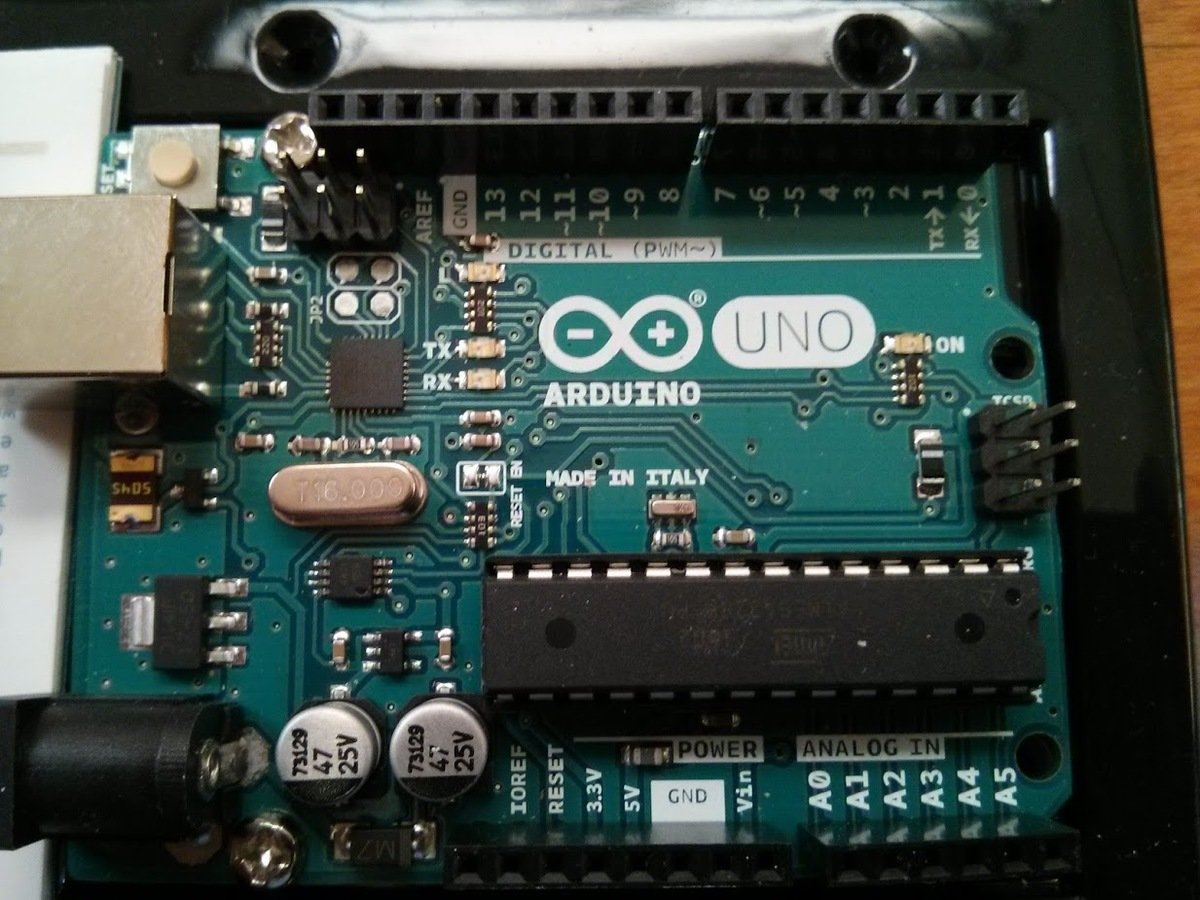
Arduino
- Has a microcontroller allowing it to be programmed
- Inexpensive to buy
- Numerous shields, modules, and components which can work with it.
- Allows a huge number of possibilities
- Used for prototyping concepts
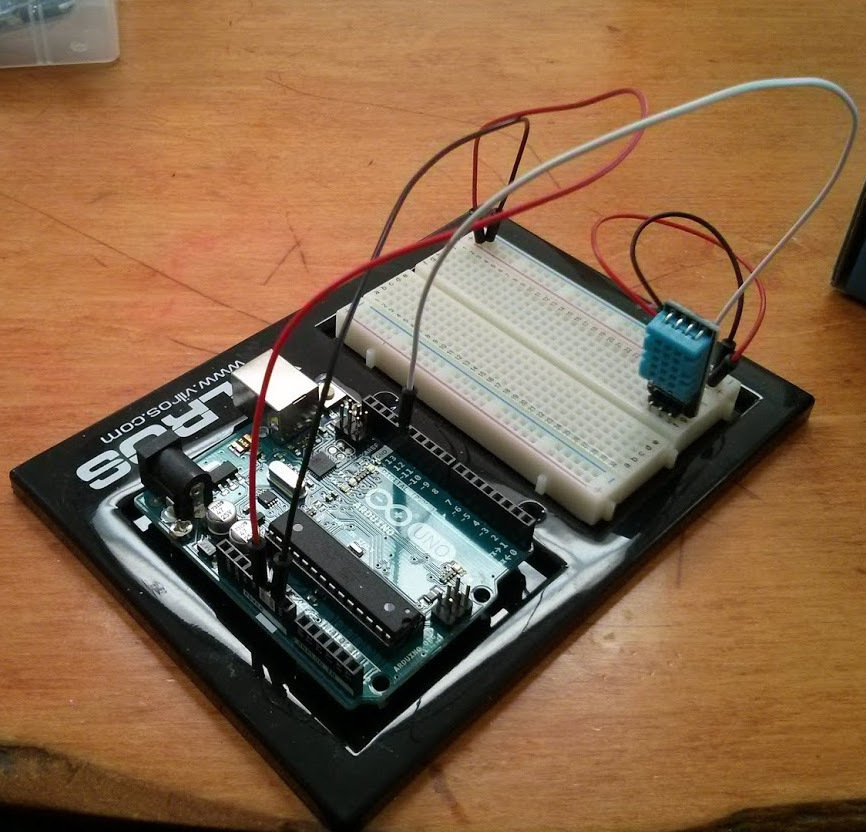
Arduino
- Take a base controller and add functionality
- Easily add new functionality as desired
- Can replace functionality if something better is needed
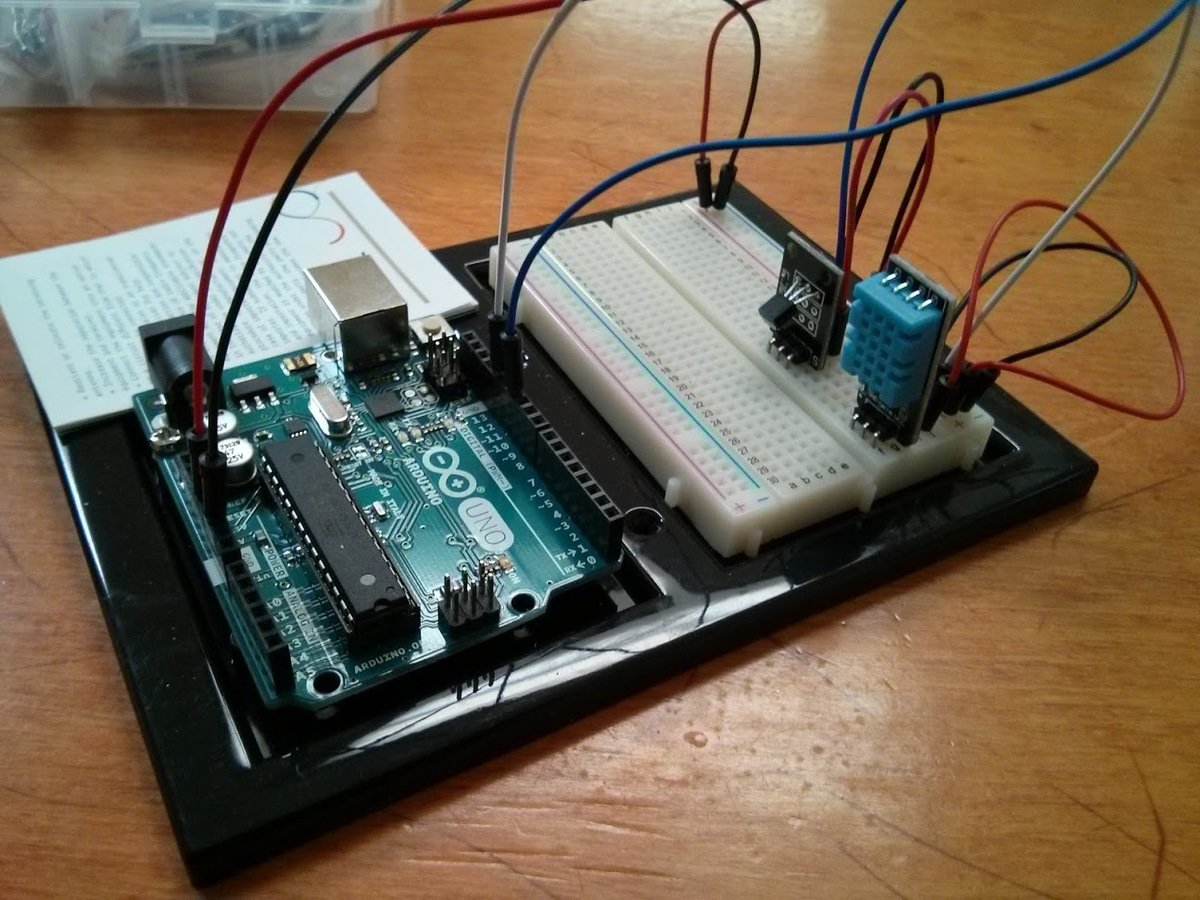
JavaScript's Prototypical Inheritance
- How does it work
- How do I use it
How Does JavaScript's Prototypical Inheritance Work
- Chaining
- this
Chaining
obj
{}
obj.toString()
obj.getSomething
obj.doThis()
obj.doThat()
Object
null
Parent 1
Parent 2
Parent 3
Parent 4
Parent 5
obj
{}
obj.toString()
obj.getSomething
obj.doThis()
obj.doThat()
Object
null
Parent 1
{
doThat: function
}
Parent 2
Parent 3
Parent 4
Parent 5
obj
{}
obj.toString()
obj.getSomething
obj.doThis()
obj.doThat()
Object
null
Parent 1
Parent 2
Parent 3
Parent 4
Parent 5
Parent 2
{
doThis: function
}
obj
{}
obj.toString()
obj.getSomething
obj.doThis()
obj.doThat()
Object
null
Parent 1
Parent 2
Parent 3
Parent 4
Parent 5
Parent 4
{
getSomething: 1
}
obj
{}
obj.toString()
obj.getSomething
obj.doThis()
obj.doThat()
Object
null
Parent 1
Parent 2
Parent 3
Parent 4
Parent 5
Object
{
toString: function
}
obj
{}
obj.nothing()
Object
null
Parent 1
Parent 2
Parent 3
Parent 4
Parent 5
obj
{
local: function
}
obj.local()
Object
null
Parent 1
Parent 2
Parent 3
Parent 4
Parent 5
Arduino

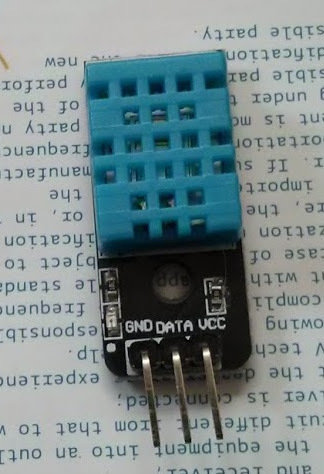
=
Humidity and Temperature Sensor (DHT11)
- 1Hz Sample rate
- 20-80% humidity range
- 5% humidity accuracy
- 0-50°C temperature range
- ±2°C temperature accuracy
Need to measure winter temperatures in Idaho record low in Boise is -33.33°C
Arduino
Voltage Output Temperature Sensor (TMP36)
- -40-125°C temperature range
- ±2°C temperature accuracy
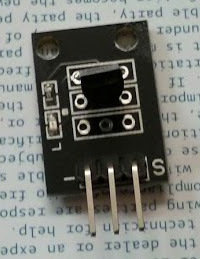
Arduino


=
Humidity and Temperature sensor(s)
- 1Hz Sample rate
- 20-80% humidity range
- 5% humidity accuracy
- -40-125°C temperature range
- ±2°C temperature accuracy
Need to measure winter temperatures in Idaho record low in Boise is -33.33°C

+
What about "this"
obj
{}
obj.setName()
obj.getName()
Object
null
Parent 1
Parent 2
Parent 3
Parent 4
Parent 5
Parent 4
{
setName: function (name) {
this.name = name;
},
getName: function () {
return this.name;
}
}With "this"
obj
{
name: 'Me'
}
obj.setName('Me')
obj.getName()
Object
null
Parent 1
Parent 2
Parent 3
Parent 4
Parent 5
Parent 4
{
setName: function (name) {
this.name = name;
},
getName: function () {
return this.name;
}
}With "this"
returns 'Me'
obj
{
name: 'Me'
}
obj.setName('You')
obj.getName()
Object
null
Parent 1
Parent 2
Parent 3
Parent 4
Parent 5
Parent 4
var name;
{
setName: function (newName) {
name = newName;
},
getName: function () {
return name;
}
}Without "this"
returns 'You'
How Do I Use JavaScript's Prototypical Inheritance
- new
- Object.create()
- class
new
function Foo(a) {
this.a = a;
var b; //Careful with this
}
Foo.prototype.createBar = function (bar) {
this.bar = bar;
}
Foo.prototype.setB = function (newB) {
b = newB;
}
Foo.prototype.getB = function () {
return b;
}
var foo = new Foo('JavaScript Prototypes');
foo.createBar('Boise Code Camp');
foo.setB('Store hidden');
foo.a; //JavaScript Prototypes
foo.bar; //Boise Code Camp
foo.b; //undefined
foo.getB(); //Store hidden
Hidden variables with new??
function Foo(a) {
this.a = a;
var b;
}
Foo.prototype.setB = function (newB) {
b = newB;
}
Foo.prototype.getB = function () {
return b;
}
var foo = new Foo('JavaScript Prototypes');
foo.setB('Store hidden');
foo.getB(); //Store hidden
var foo2 = new Foo('JavaScript Prototypes 2');
foo2.getB(); //Store hidden
foo2.setB('Store shared');
foo2.getB(); //Store shared
foo.getB(); //Store shared
Object.create()
var someObj = {
createBar: function (bar) {
this.bar = bar;
}
}
var foo3 = Object.create(someObj);
foo3.a = 'JavaScript Prototypes';
foo3.createBar('Boise Code Camp');
foo3.a; //JavaScript Prototypes
foo3.bar; //Boise Code Camp
//Doesn't do what you want
var foo4 = Object.create(Foo); // Foo is really just a function
//Instead you would do
var foo5 = Object.create(foo); // foo is already an instance of Foo
//or
var foo6 = Object.create(Foo.prototype); // Foo's prototype can be used to create a functionclass
class Foo {
constructor(a) {
this.a = a;
}
createBar(bar) {
this.bar = bar;
}
}
var foo = new Foo('JavaScript Prototypes');
foo.createBar('Boise Code Camp');
console.log(foo.a);
console.log(foo.bar);More about 'this'
What 'this' is 'this'?
const foo = {
a: true,
get: function() {
fetch('https://xkcd.com/562/info.0.json', {mode: 'no-cors'})
.then(function(result) {
if (this.a) {
return console.log(result);
}
return console.log('No this.a');
}
);
}
};
const foo2 = Object.create(foo);window.a = true;
foo2.get(); //Responsefoo2.get(); // this.a doesn't existObject.bind()
const foo = {
a: true,
get: function() {
fetch('https://xkcd.com/562/info.0.json', {mode: 'no-cors'})
.then(function(result) {
if (this.a) {
return console.log(result);
}
return console.log('No this.a');
}.bind(this)
);
}
};
const foo2 = Object.create(foo);
foo2.get(); //ResponseArrow function
() => {} // ECMAScript 2015
const foo = {
a: true,
get: function() {
fetch('https://xkcd.com/562/info.0.json', {mode: 'no-cors'})
.then((result) => {
if (this.a) {
return console.log(result);
}
return console.log('No this.a');
}
);
}
};
const foo2 = Object.create(foo);
foo2.get(); //ResponseMixins
const fooA = {
doA: function() {
console.log('Consider A done');
}
};
const fooB = {
doB: function() {
console.log('Consider B done');
}
};
const fooC = {
doC: function() {
console.log('Consider C done');
}
};
const foo = Object.create(fooA);
Object.assign(foo, fooB, fooC);
foo.doA(); // Consider A done
foo.doB(); // Consider B done
foo.doC(); // Consider C doneMixins
const fooA = {
doA: function() {
console.log('Consider A done');
},
doB: function() {
console.log('Consider A\'s version of doB done');
}
};
const fooB = {
doB: function() {
console.log('Consider B done');
}
};
const foo = Object.create(fooA);
Object.assign(foo, fooB);
foo.doA(); // Consider A done
foo.doB(); // Consider B done
Not: Consider A's version of doB done
Mixins with class
const FooA = (existingClass) => class extends existingClass {
doA() { console.log('Consider A done'); }
};
const FooB = (existingClass) => class extends existingClass {
doB() { console.log('Consider B done'); }
};
class Foo {
isFoo() { return true; }
}
class FooAB extends FooA(FooB(Foo)) {
doAB() { console.log('Sorry I am lost'); }
}
const foo = new FooAB();
foo.doA(); //Consider A done
foo.doB(); //Consider B done
foo.doAB(); //Sorry I am lost
foo.isFoo(); //trueAdvantages of Using JavaScript's Prototypical Inheritance
- Encapsulation
- Reusable functions
- Reduce code
- Dynamic inheritance
